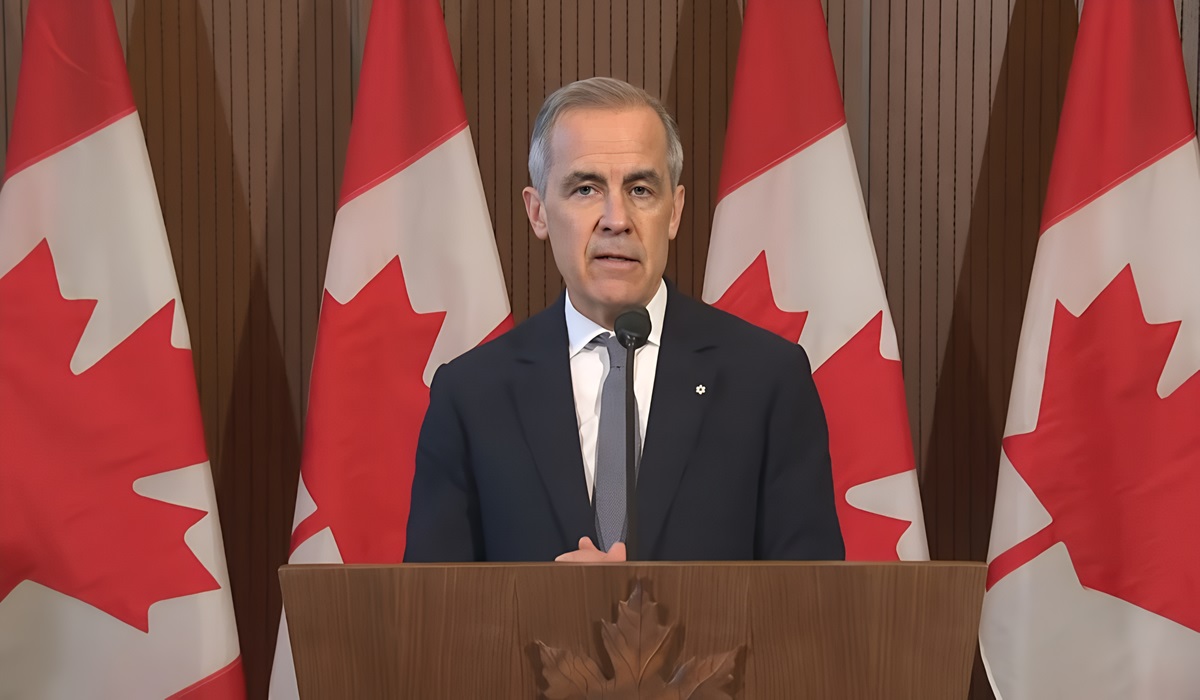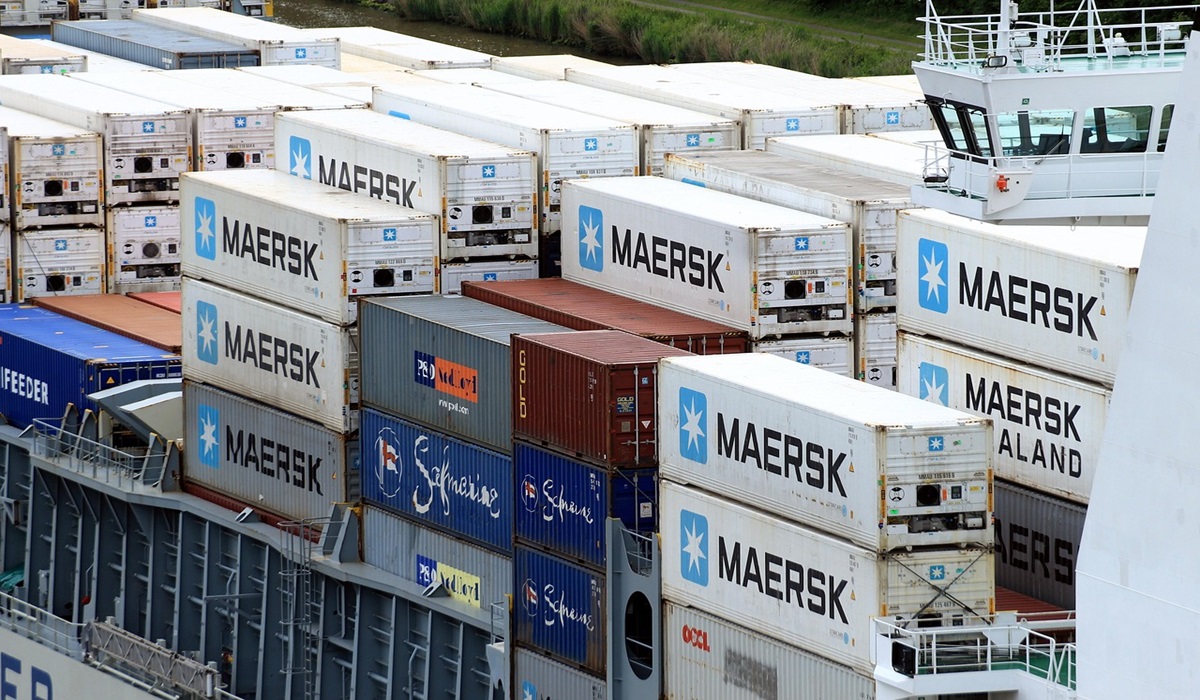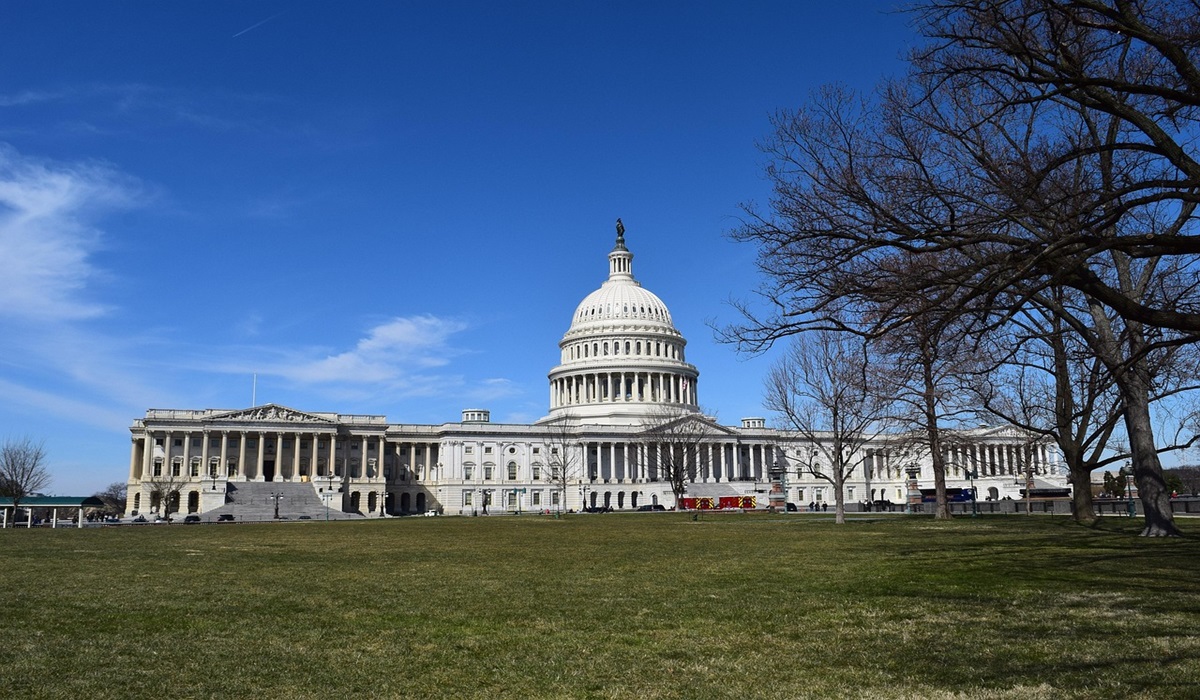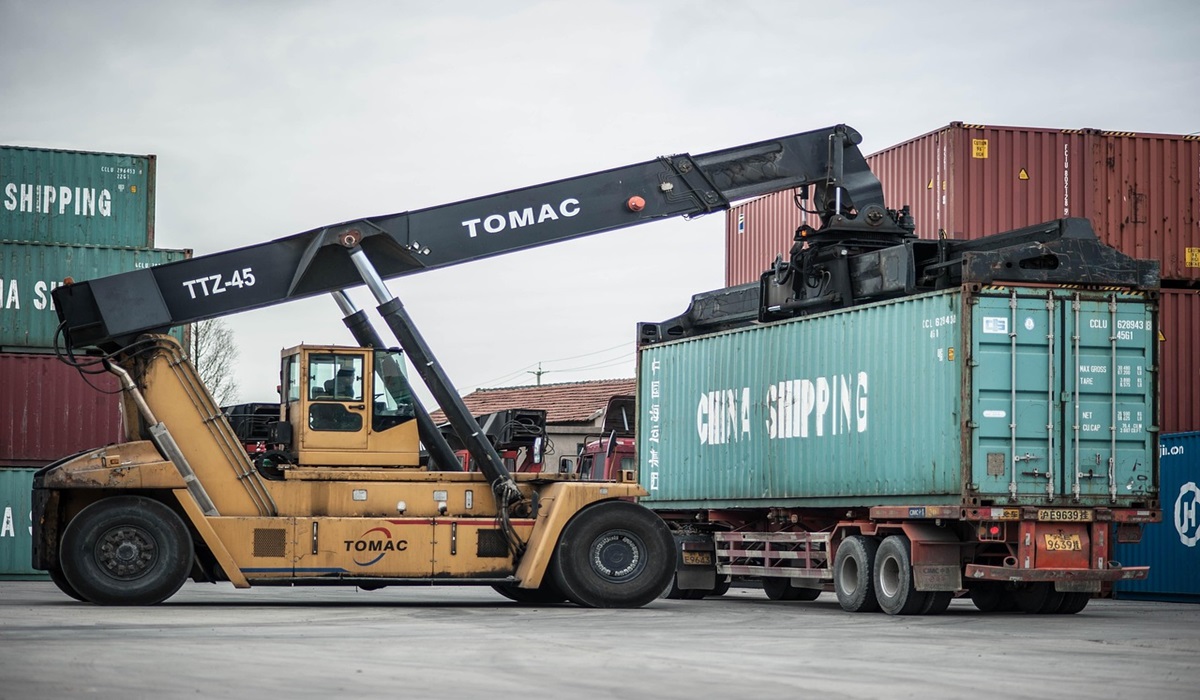Carney Signals Canada Is Cutting the Cord with U.S. as Relationship with Trump Deteriorates
- Naomi Dela Cruz
- U.S.A
- March 28, 2025

Canadian Prime Minister Mark Carney has declared that the longstanding relationship with the United States—built on economic integration, security alignment, and military coordination—is over. This marks a serious rupture between two of the world’s closest allies, and while the government insists it is simply realigning Canada’s interests, the timing and tone suggest something deeper: a deliberate and public decoupling.
Carney’s first official foreign visit was not to Washington but to Europe. He met with leaders in France and Britain to reaffirm trade and diplomatic ties that have long been reliable but overshadowed by Canada’s massive dependency on the U.S. economy. The decision to bypass the United States entirely signals a calculated shift. Canada is looking to diversify away from an increasingly volatile American administration, and it’s doing so out in the open.
The friction began long before Carney took office, but it escalated sharply under U.S. President Donald Trump, who has threatened new trade tariffs on Canadian goods and revived rhetoric about trade imbalances. Trump has previously labeled Canada “ungrateful” and has floated penalties on Canadian steel and dairy. Carney’s office has responded with equal bluntness, confirming that Canada is “prepared to dig in” and retaliate with its own tariffs if provoked.
An official phone call between Carney and Trump is said to be imminent, likely within days, according to multiple government sources. Expectations are low. The call is widely seen as a diplomatic formality, not a breakthrough. The positions are already hardened, and barring a sudden reversal from Trump, there’s little reason to believe the first conversation will lead to any significant softening of tensions.
This raises the question: is this move too little, too late? Canada has been economically tied to the United States for decades. Carney’s attempt to pivot—while bold—comes at a moment when global alliances are fraying and trade realignments take years to implement. European partners may be receptive, but they can’t replace the scale and immediacy of the American market. The economic strain could be real, especially if retaliatory tariffs escalate.
The political strain is already visible. Sources within both governments have described the mood as “distant” and “uncooperative.” Unlike in past disputes, there are no senior backchannels operating to de-escalate quietly. Both sides are entrenched, and Carney’s public statements leave little room for retraction.
Meanwhile, the Canadian media’s focus on academic plagiarism allegations tied to Carney’s 1995 Oxford thesis has further clouded the national conversation. While those accusations remain unproven and largely irrelevant to the current crisis, they’ve distracted from the far more urgent issue: Canada’s most important bilateral relationship is unraveling in real time.
Whether this is a needed course correction or a miscalculated gamble remains to be seen. But the old Canada-U.S. partnership is not just in trouble—it’s undergoing a fundamental redefinition. The next few weeks will show whether any common ground still exists or whether both nations are preparing to move on.








